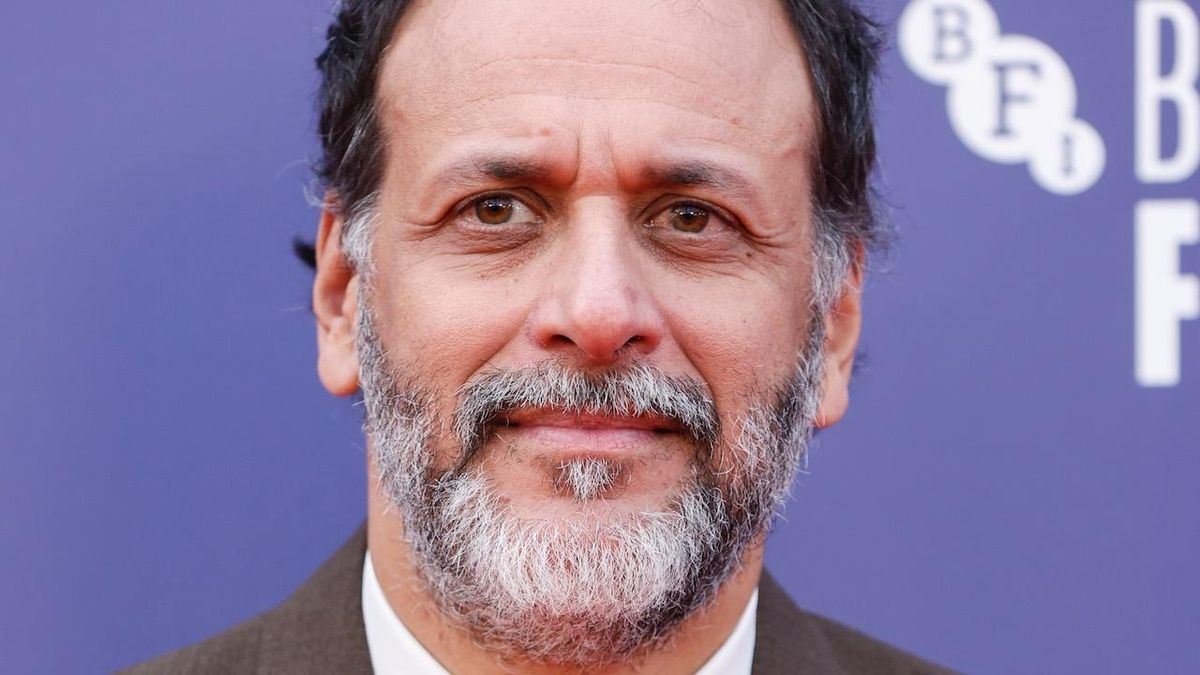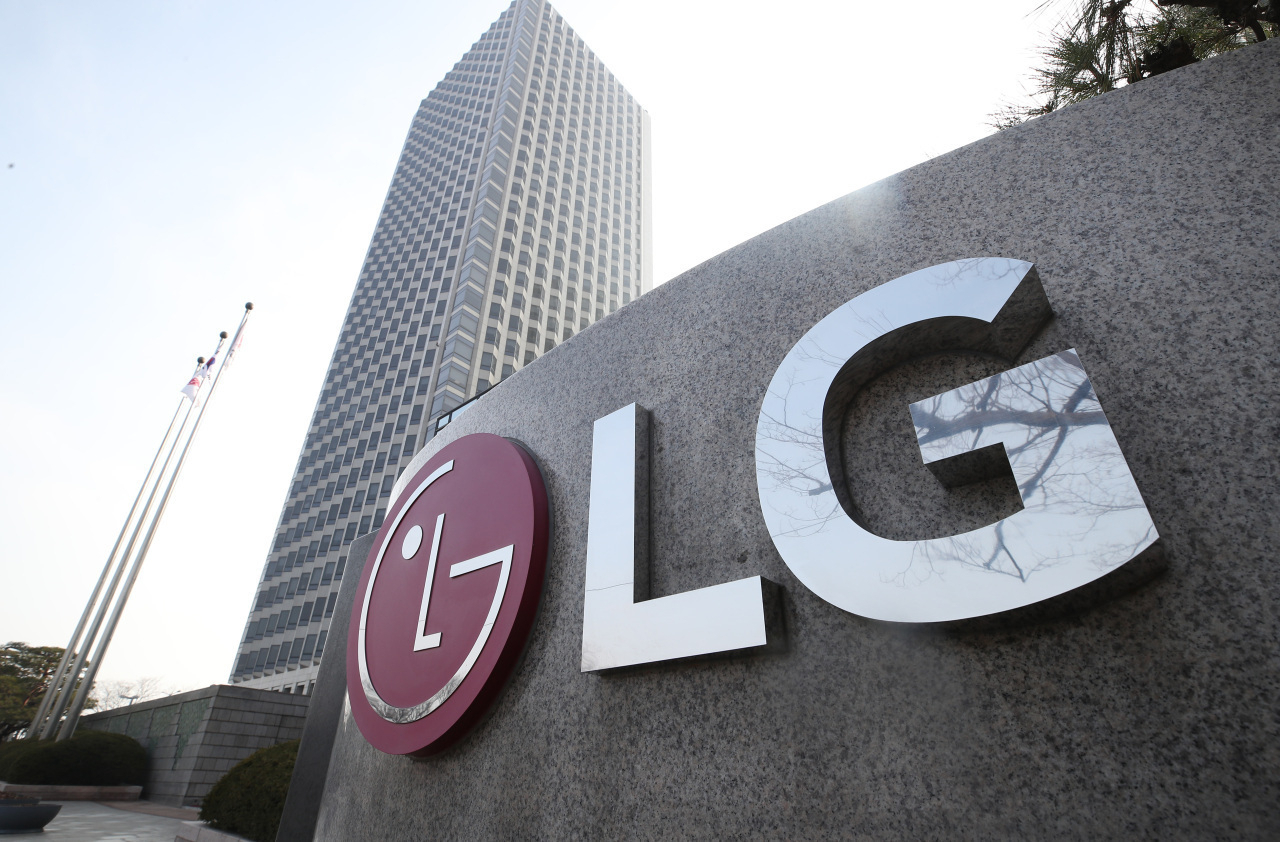Luca Guadagnino Condemns Turkey’s Ban On Queer Film
Italian filmmaker Luca Guadagnino recently voiced his strong opposition to the ban imposed by Turkish authorities on his latest film, Queer, labeling it “obtuse censorship.” The ban, described as deeply troubling by filmmakers and artists alike, became the center of controversy after it was announced just hours before the film’s scheduled screening at the Mubi Fest Istanbul on November 7, 2024. Local authorities cited concerns over the film’s “provocative content,” claiming it could threaten public order as justification for their decision.
Guadagnino, known for his evocative storytelling and poignant character development, expressed his dismay during a press conference at the Marrakech International Film Festival, where he serves as jury president this year. He emphatically stated, “They banned the movie because they said the movie was creating social disorder,” referring to the reasoning provided by Turkish officials. “I really hope they do believe the form of the movie brings the possibility of societal collapse. Because, this means my belief in the power of cinema is true and not delusional.” His comments reflect the frustration and determination many filmmakers feel when their work is stifled by governmental censorship.
The film Queer is not just any story; it’s adapted from William S. Burroughs’ semi-autobiographical novel of the same name. It features Daniel Craig as Lee, Burroughs’ alter ego, who flees New Orleans following a drug bust, only to find himself embroiled in the intricacies of 1940s Mexico City’s vibrant and tumultuous expat gay community. Alongside Craig, Drew Starkey shines as Allerton, Lee’s love interest, adding layers of complexity to the narrative through their interactions and experiences. Guadagnino aimed to bridge Burroughs’ raw, often disturbing explorations of identity with the artistry of modern filmmaking.
Despite the film’s anticipated release on Mubi and its involvement with the festival, local authorities pulled the plug on the screening without warning. This abrupt cancellation not only disappointed fans but also prompted Mubi to cancel the entire festival, which had months of planning and marketing behind it. Mubi Turkey released a statement citing the government’s justification for the ban, claiming it was necessary for “security reasons” to keep the peace within the community. They expressed their belief this ban embodies more than just the rejection of one film—it signifies the underlying issues concerning artistic freedom and expression.
Guadagnino’s remarks during the press conference reveal his skepticism about the decision-makers’ motives. He questioned whether they had even seen the film or merely reacted to sensationalized interpretations circulating within tabloid journalism. “I wonder if they’ve seen the movie or if they are just judging it by the outline or, let’s say, the facetious stupidity of some journalist focusing on James Bond going gay,” he stated, underscoring how public discourse often mischaracterizes LGBTQI+ stories and themes.
Guadagnino’s frustrations resonate with many artists confronting similar challenges worldwide. The act of banning Queer has sparked conversations about the limitations imposed on filmmakers and the impact of censorship on art. Interestingly, Guadagnino pointed out the irony of censorship in today’s digital world, where access to movies can easily be obtained online regardless of local bans. He noted, “It’s obtuse censorship particularly in this world where you can download the movie.” This statement emphasizes the disconnect between traditional forms of media regulation and the reality of contemporary access to global content.
While the controversy around Queer continues, it has drawn attention to the broader cultural issues facing artists both within Turkey and beyond. The Turkish government’s stance echoes similar actions taken by various regimes worldwide, where films exploring LGBTQI+ themes are often viewed as threats rather than valuable narratives contributing to cultural discourse. Such incidents remind advocates for creative freedoms and human rights of the continuous fight against censorship and the importance of preserving artistic expression.
Guadagnino is not alone; many creators and organizations are rallying behind him, pushing for the recognition of cinema as not only entertainment but also as a powerful vehicle for social change and discourse. “I vow to fight against any institution wanting to tarnish cinema’s power,” stated Guadagnino passionately. His determination to stand against censorship, he hopes, will resonate with audiences and fellow artists striving for expression within constricting environments.
The future of Queer remains uncertain, but the attention it has generated might very well shine a light on the struggles of artistic freedom. With the growing conversation surrounding the film and its creator, there is hope for positive change—both for the film itself and for the broader recognition of LGBTQI+ narratives within cinema.
Give Feedback. How was this article?
You can help us improve by leaving feedback specific to
this content.
How would you rate the quality of this article?
Which of the following feelings did this article evoke in
you?
Multiple Selection
How easy was it for you to find the information you were
looking for in this article?
Super Hard😱
😎Super Easy
Artificial intelligence is increasingly used in content
creation. What percentage of this article do you estimate was generated by AI?
How can we improve this article (or our articles in
general)?
Do you have any other suggestions for improving our content
or
website?
Thanks for the feedback
Thank you for supporting us to improve ourselves with your
feedback.


